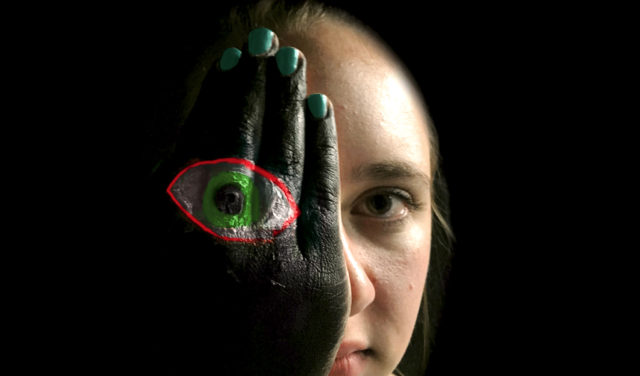
Marda Kirn is no stranger to the topic of immigration. Raised in the U.S. by a traveling father and an Austrian mother, Kirn faced cultural discrepancies at a young age even if she wasn’t fully aware of it.
“I would think that certain things were just the way that you did things but they were not in America,” Kirn says. “I remember having these arguments with people when I was very young … because I really didn’t say the language correctly. And there’s certain things like food and politeness and how you approach someone or not.”
Now, Kirn is working with youth in Boulder County to not only articulate cultural nuance but to embrace it. As the executive director of ECO Arts Connections, a Boulder-based nonprofit, Kirn works to combine the arts with other disciplines, like science and social justice, in order to create sustainable living.
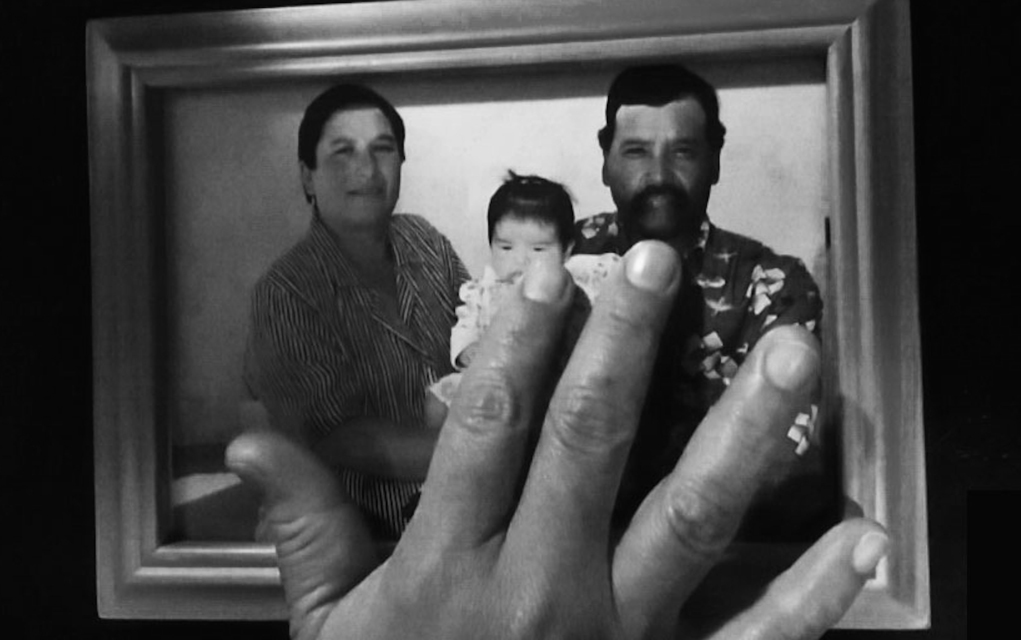
“In our work when we think about sustainability, it’s not just environmental sustainability but also social cultural sustainability, economic sustainability and personal sustainability,” Kirn says. “[With] immigration, we’re trying to pull it out of the race and ethnicity narrative and bring it into the place of people leaving one place for a whole host of reasons that aren’t sustainable and moving to another place that is hopefully more sustainable.”
Beginning last fall, Kirn and several local photographers collaborated with art classes at five high schools as well as three afterschool programs in Boulder County, to produce the youth photography exhibit The Resilience Project, now on display in the Canyon Gallery at the Boulder Public Library as a part of the One Action Arts and Immigration Project.
Selected by a jury of arts professionals, the youth photography addresses topics of immigration, energy, environment and empowerment, the students’ often combining the concepts to communicate resilience in their own lives. The students explore issues from family, tradition and wildlife protection to anorexia, bulimia, bullying and academic pressure to perform. The images are as varied as the perspectives, but all convey a deep sense of experience in this world.
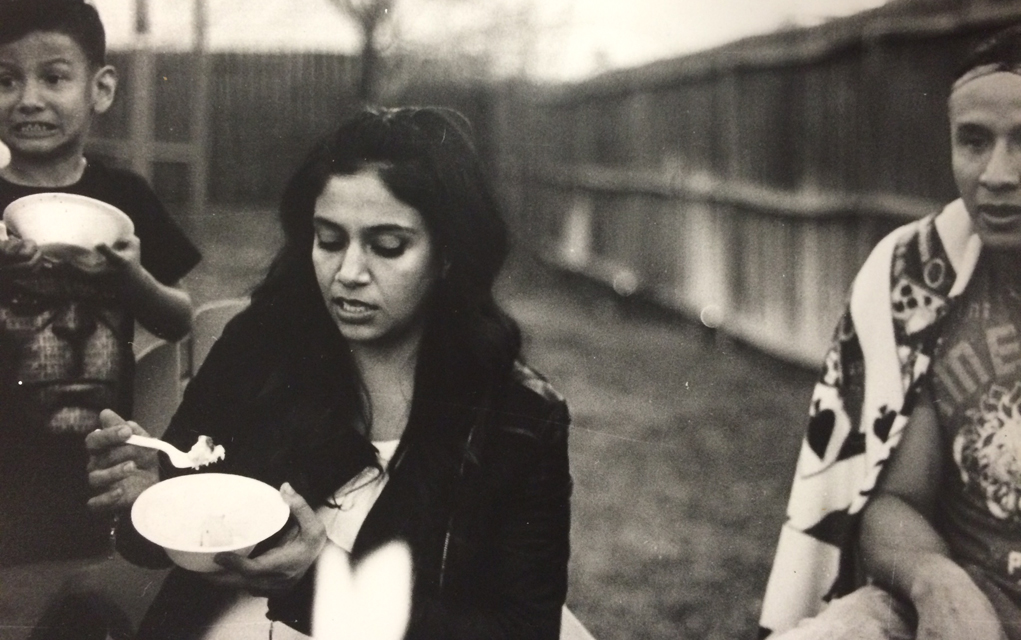
As part of the Boulder County afterschool program GENESISTER, 13-year- old Fatima Talavera is a first-time artist featured in The Resilience Project.
“Resilience means to me [that] when something bad happens or a bad experience just happens you bounce back up from it,” Talavera says. “It can be used for anything. Like grass — people step on it everyday and yet it’s still alive, it’s everywhere. Or like trees — people hang on them or yank on them but they’re still standing.”
Even at a young age, Talavera has experienced this first hand. Her younger brother passed away two years ago, and the siblings were close during “the time we got together,” she says. “When my brother passed away everything went downhill. But then we got back on our feet.”
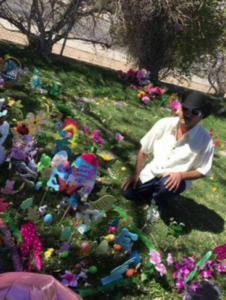
Talavera’s photo “One in a Million Man” features her grandfather at the decorated grave of her younger brother, a depiction, she says, of youth empowerment. “My grandfather has always taught me that nothing ever happens for no reason, it always happens because it’s supposed to and everything that happens you’re just supposed to get back up,” she says.
“We really wanted kids to think about resilience in their own lives — environmentally, socially and culturally and personally,” Kirn says. “What we are trying to do is to get kids interested in these topics, to get kids to tell what they see in their homes and neighborhoods, in their communities in the outdoor world as well as in the human world.”
Astha Adhikari’s father moved from Nepal to Colorado in 2000, and she came in 2003 with her mom and older brother when she was 4 years old. “The hardest thing was not being able to make friends that fast and not being able to talk to others,” she says.“Resilience means being active with others, being open with others and talking or being able to show people what a great person I am.”
Naturally shy, Adhikari finds life in expressing herself through her photography as part of the ECO-Exploring Culture & Opportunities in Lafayette. She has also studied wildlife photography — something she aspires to keep pursuing — with the Boulder Audubon Society for a few years. On a recent road trip, she noticed an unusual outcropping of trees on the side of the road, captured in her piece “Circle of Trees”
“It caught my attention because the trees were bent in an almost unnatural way,” Adhikari says in her artist statement. “These trees represent resilience in that they bend but do not break. I feel flexible when I bend. I can reduce my stress by being flexible. Nature helps me be resilient like these trees.”
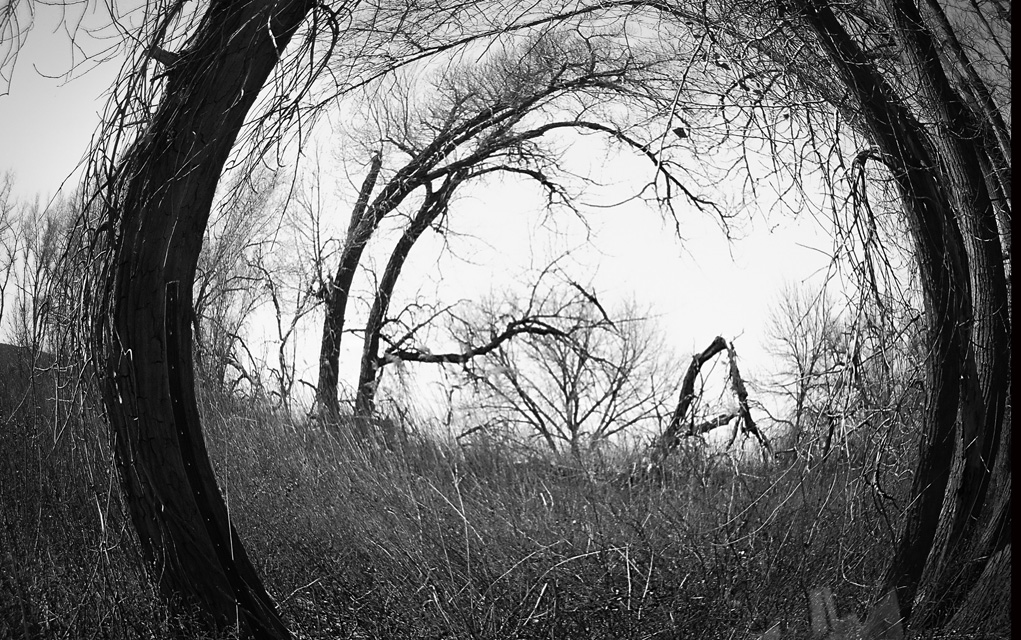
The 75 images in the exhibit broaden the viewer’s concept of the human spirit, the ability to bounce back with more strength and courage than we previously employed. It may be a difficult concept for many of us to comprehend, but it is how the next generation will lead us in the making of a better world.














